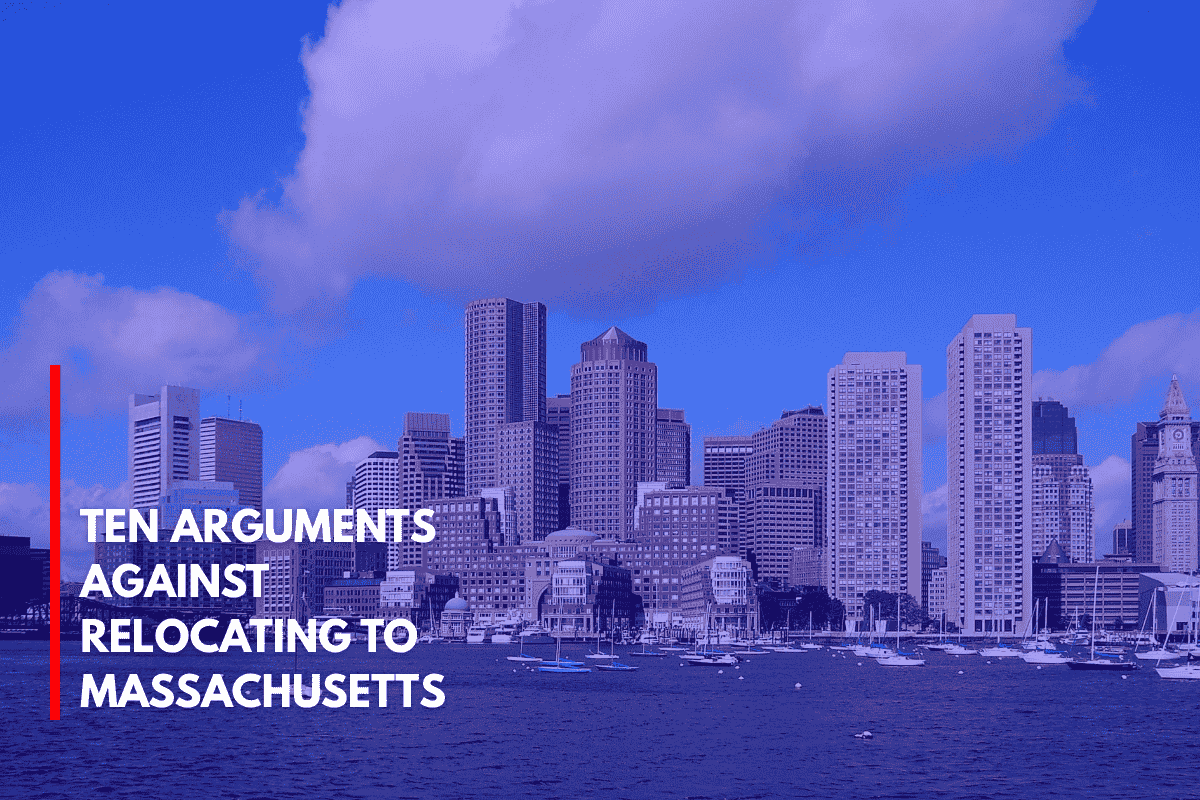Relocating to Massachusetts is an appealing idea for many, but there are significant drawbacks that should be considered before making the move. Here are ten arguments against relocating to Massachusetts, each supported by local sources and resident perspectives:
1. Exceptionally High Cost of Living
Massachusetts consistently ranks among the most expensive states in the U.S. Housing, groceries, healthcare, and utilities all come at a premium, making it challenging for many to maintain a comfortable lifestyle—especially in and around Boston, where the median home price can exceed $850,000.
2. Sky-High Property Taxes
Homeowners face some of the highest property taxes in the nation, particularly in desirable school districts and urban centers. This adds a significant financial burden, especially for retirees and those on fixed incomes.
3. Harsh, Prolonged Winters
Massachusetts winters are long, cold, and snowy, with frequent storms that can disrupt daily life, increase heating costs, and make commutes treacherous. The cold can last for months, making it a tough adjustment for those from milder climates.
4. Intense and Increasingly Competitive Housing Market
Finding affordable housing is difficult, with high demand and limited availability leading to bidding wars and rising rents—even outside major cities.
5. Heavy Traffic and Long Commutes
Boston and its suburbs are notorious for traffic congestion, outdated road systems, and crowded public transit. Commuting can be a daily test of patience, with frequent delays and limited parking.
6. High State and Local Taxes
Beyond property taxes, Massachusetts imposes a 5% state income tax (with a 4% surtax on income over $1 million), plus a 6.25% sales tax and additional local taxes. These taxes can significantly reduce take-home pay, especially in an already expensive state.
7. Reserved Social Culture
Locals are often described as friendly but reserved, making it difficult for newcomers to break into established social circles. Small talk is rare, and it can take time to build meaningful relationships.
8. Limited Housing Space and Smaller Living Quarters
Urban living often means smaller apartments and homes, with less space for families or those used to larger properties elsewhere.
9. Parking Challenges
In cities like Boston, parking is expensive and hard to find. Residents often face strict regulations, high fees, and the infamous “space saver” culture after snowstorms.
10. Competitive Job Market and High Expectations
While the job market is strong, competition for top positions—especially in tech, healthcare, and education—is fierce. High standards and a fast-paced work environment can be overwhelming for some newcomers.
These factors combine to make Massachusetts a challenging place to relocate for those seeking affordability, mild weather, and an easy transition into community life.
Sources:
- https://www.sroa.com/blog/local-guides/pros-and-cons-of-living-in-massachusetts
- https://www.redfin.com/blog/pros-and-cons-of-living-in-massachusetts/
- https://thehonestlocal.com/pros-cons-living-massachusetts-moving/
- https://www.mayflower.com/moving-tips/blog/what-life-in-massachusetts-is-really-like











Leave a Reply